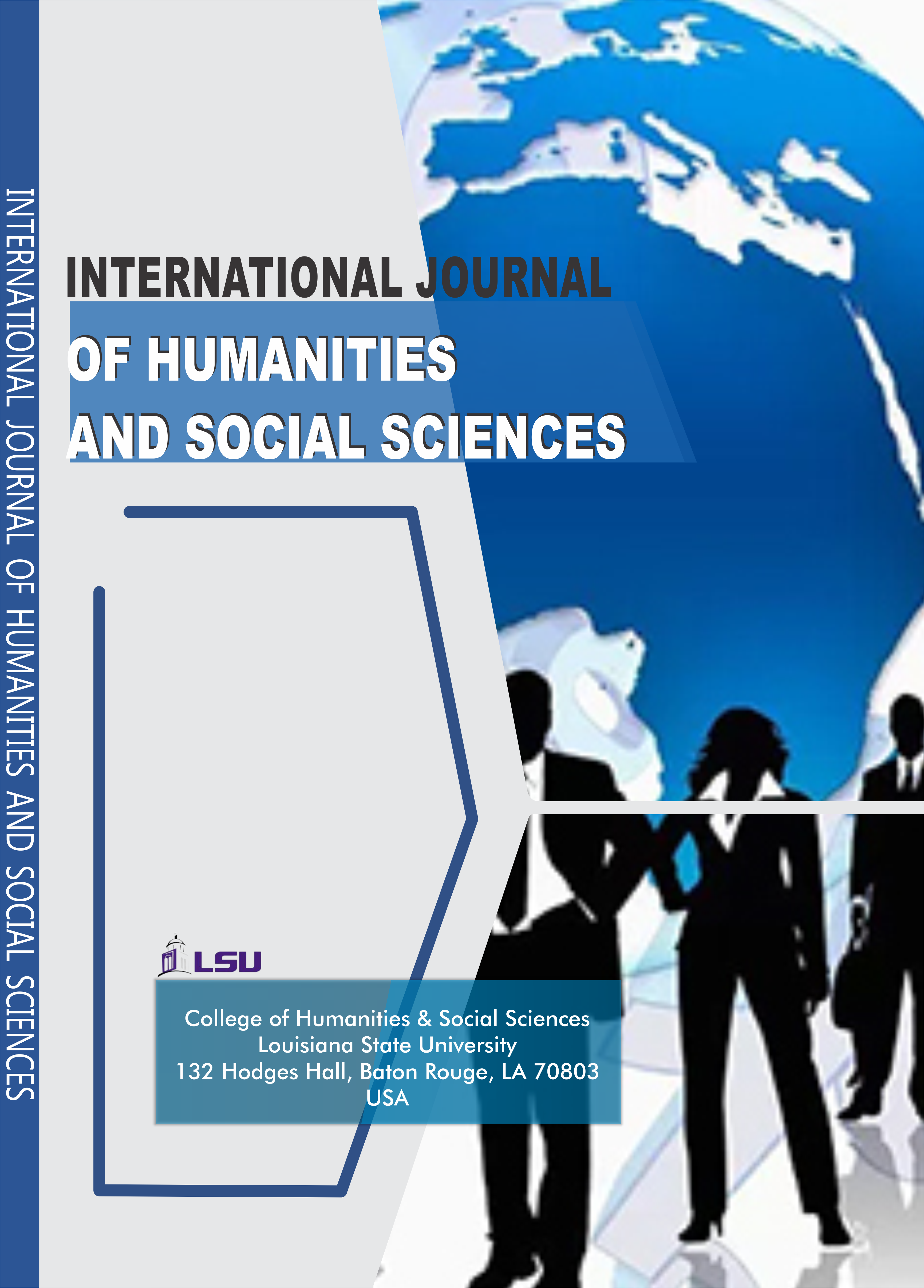INTERNATIONAL JOURNAL OF HUMANITIES AND SOCIAL SCIENCES (IJHSS)
Revisiting Western Cultural Anthropology from a Postcolonial Perspective
E-ISSN: 3435-6457
P-ISSN: 8654-3552
DOI: https://iigdpublishers.com/journals/213
Western anthropology has always been concerned with intensive investigation of indigenous people and their cultures. By scrutinizing these people’s rituals, traditions, ceremonies, religions and their tribal practices, Western ethnographers have sought to highlight the so-called civilizational gap between the white race and the „primitive‟ other. For example, the works of Edward Burnett Tylor, Bronislaw Malinowski, Margaret Mead and Clifford Geertz provide „thick‟ descriptive ethnographic accounts of these societies, namely in Africa, Asia, the West Indies and the Pacific Ocean. These accounts and narratives were, on the one hand, highly instrumental for imperial hegemonic nations to legitimize the “civilizing mission” that was deemed a „noble‟ duty; on the other hand, they are infused with the stereotypical lexicon that portrays the non-white as backward, uncivilized, irrational and, therefore, incapable of embracing Western moral, cultural and epistemological progress. This paper, then, addresses Western cultural anthropology from a postcolonial perspective. By drawing on Edward Said’s Orientalism Frantz, Fanon’s „neurotic‟ experience of blackness, and Homi Bhabha’s theory of Third Space, the paper seeks to expose, analyse, debunk colonial/stereotypical discourse embedded in Western cultural anthropology and critique the ramifications of colonialism which are clearly manifested in neo-colonialism or “epistemic violence.”
Mohammed Bennis
Ashcroft, B. et al. (1989). The Empire Writes Back. London: Routledge.
Assad, T. (ed.) (1975). Anthropology and The Colonial Encounter. Ithaca Press and Humanities Press.
Bhabah, H. (2004). The Locationof Culture. New York, Routledge Classics.
Bhabha, H. (1994). The Locationof Culture. London: Routledge.
Fanon, F. (1963). The Wretchedofthe Earth. New York: Grove Press.
